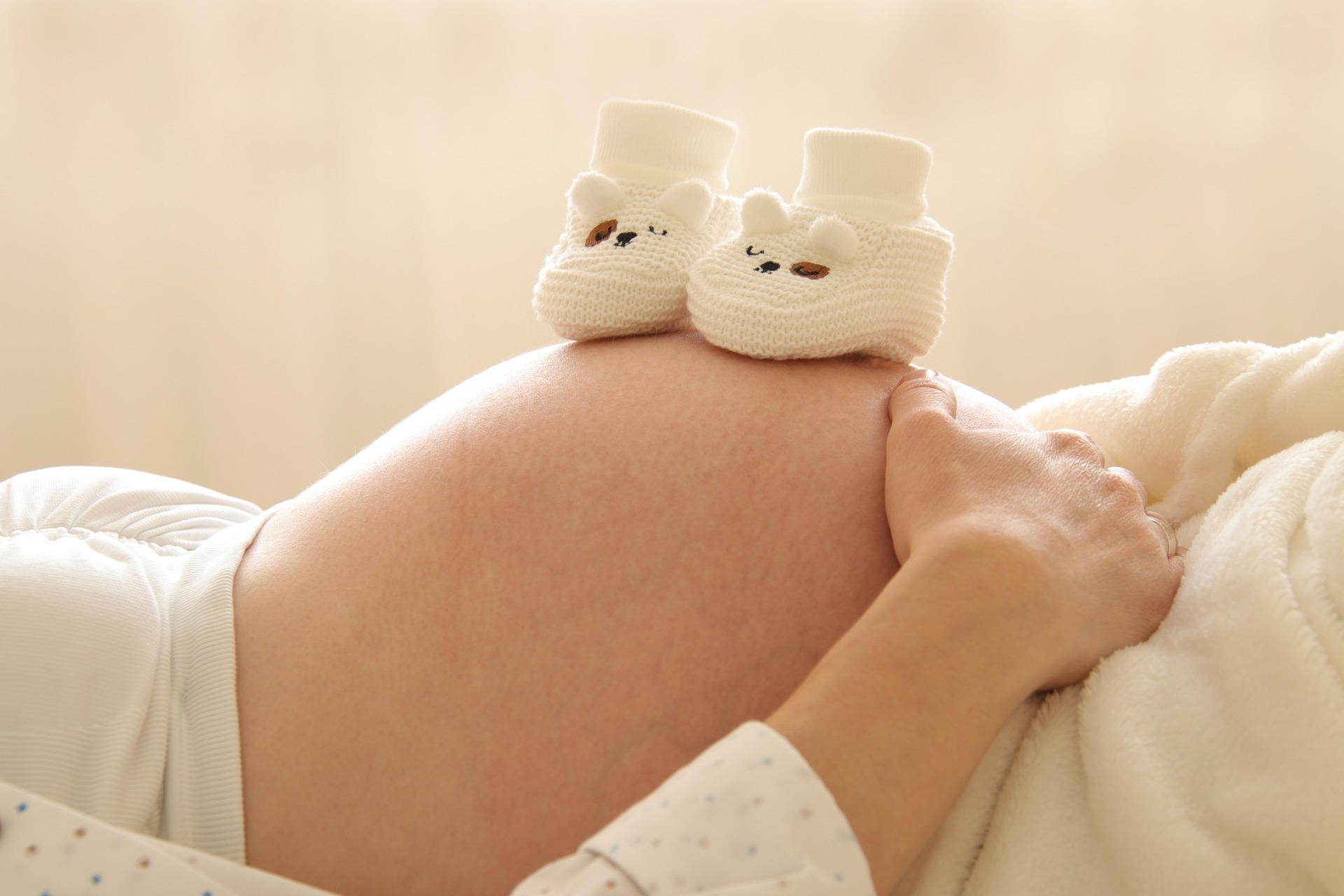Pregnancy and early motherhood can be a wonderful experience, but also a source of anxiety in a woman’s life. With hormones out of balance and the body changing, plans and habits have to be adjusted. It is, thus, not surprising that this often ends up disrupting the mother’s sleep patterns. A group of researchers from the Czech Republic, led by Jitka Bušková, studied what happens to the sleep of new mothers.
The scientists surveyed 325 women, focusing on three periods: three months before conception, pregnancy, and three months after childbirth. The authors found a significant increase in sleep disturbances and changes during pregnancy, including nightmares, sleepwalking, and vivid dreams. However, the number of episodes of sleep paralysis (SP) significantly increased after the baby’s birth. Interestingly, a different group of researchers cited by the authors noted an increase in the number of SP episodes in the second and third trimesters of pregnancy.
In conclusion, the researchers remind us that it is important to take care of sleep quality during this critical period. The survey results showed that new mothers often suffer from nightmares or unusually vivid dreams. Other consequences include insomnia, breathing problems during sleep, restless leg syndrome, and, as it turns out, sleep paralysis.
Does your experience of pregnancy (or that of someone close to you) confirm these findings?
The article was published in February 2023 in the journal Brain Sciences.
Get all the latest news about lucid dreams via our channels on Telegram, Instagram, Facebook




